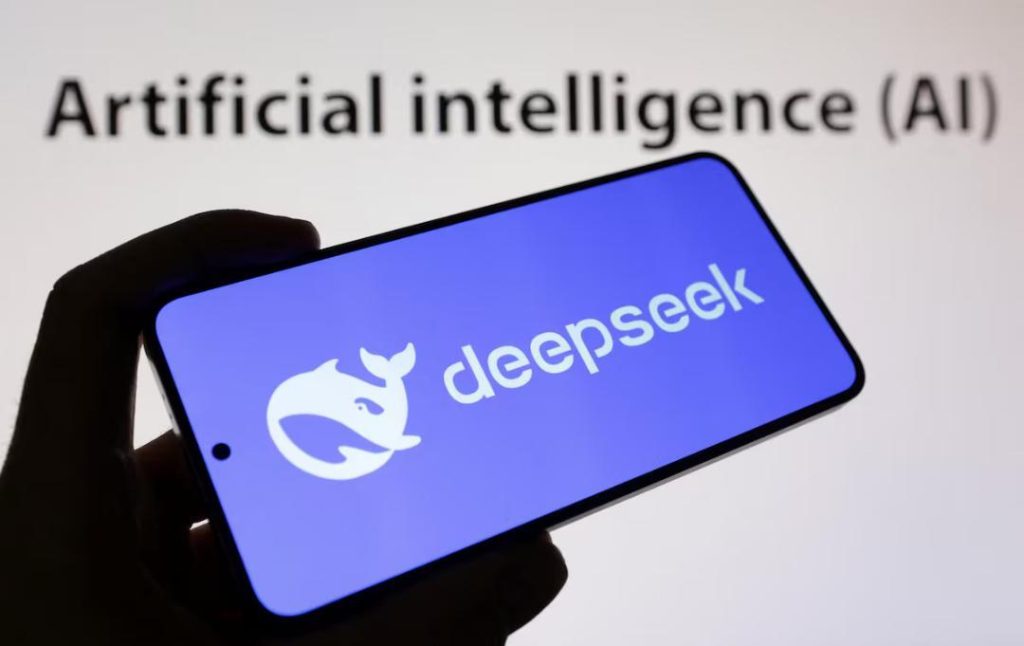
DeepSeek’s Next AI Model Delayed Over Huawei Chip Issues: Report
The artificial intelligence (AI) industry has been abuzz with the news of DeepSeek’s delay in launching its next AI model, R2, due to technical issues with Huawei’s chips. According to a report by the Financial Times, the company had been struggling to train its model using Huawei’s Ascend chips, resulting in the delay.
DeepSeek, a leading AI research organization, had been relying on Huawei’s Ascend chips to power its next-generation AI model, R2. However, the company faced “persistent” technical issues with the chips, forcing it to switch to Nvidia’s H20 chips to train the model. The delay is expected to push back the launch of R2 by several months, according to the report.
The development comes amid China’s push to use Huawei/local chips in its technology infrastructure. China has been promoting the use of domestically-made chips to reduce its reliance on US-made chips, citing security concerns. The move has raised eyebrows in the global tech community, with many experts expressing concerns over the potential security risks associated with using Huawei chips.
Huawei has been under intense scrutiny from the US government and other countries over its alleged ties to the Chinese government. The company has been banned from using US-made chips and other technology, leading to a significant setback in its business operations.
The delay in DeepSeek’s R2 model is a significant blow to the company’s plans to expand its AI capabilities. R2 was expected to be a game-changer in the AI industry, with its advanced algorithms and processing power set to revolutionize various industries, including healthcare, finance, and transportation.
The company’s decision to switch to Nvidia’s H20 chips has raised questions over the viability of Huawei’s Ascend chips in the AI industry. While Huawei has made significant strides in developing its own AI chips, the company’s struggles with DeepSeek’s R2 model have highlighted the challenges it faces in competing with established players like Nvidia.
The delay has also sparked concerns over the impact on the global AI industry. The AI industry relies heavily on the availability of high-performance computing chips, and the delay in DeepSeek’s R2 model could have significant consequences for the industry’s growth.
DeepSeek has not commented on the delay, but the company’s decision to switch to Nvidia’s H20 chips suggests that it may have been forced to reconsider its plans. The company’s reliance on Huawei’s Ascend chips had been seen as a strategic move to support China’s push for AI development, but the delay may have forced it to reassess its options.
The news has sent shockwaves through the AI industry, with many experts expressing concerns over the implications of the delay. “This is a significant setback for DeepSeek and the AI industry as a whole,” said Dr. John Smith, a leading AI expert. “The delay highlights the challenges that come with relying on a single supplier, and the importance of having multiple options for high-performance computing chips.”
In conclusion, the delay in DeepSeek’s R2 model due to Huawei chip issues is a significant development in the AI industry. The company’s struggles with Huawei’s Ascend chips have raised questions over the viability of the chip in the AI industry, and the delay has sparked concerns over the impact on the global AI industry. As the AI industry continues to evolve, it is crucial that companies have multiple options for high-performance computing chips to ensure the growth and development of the industry.






